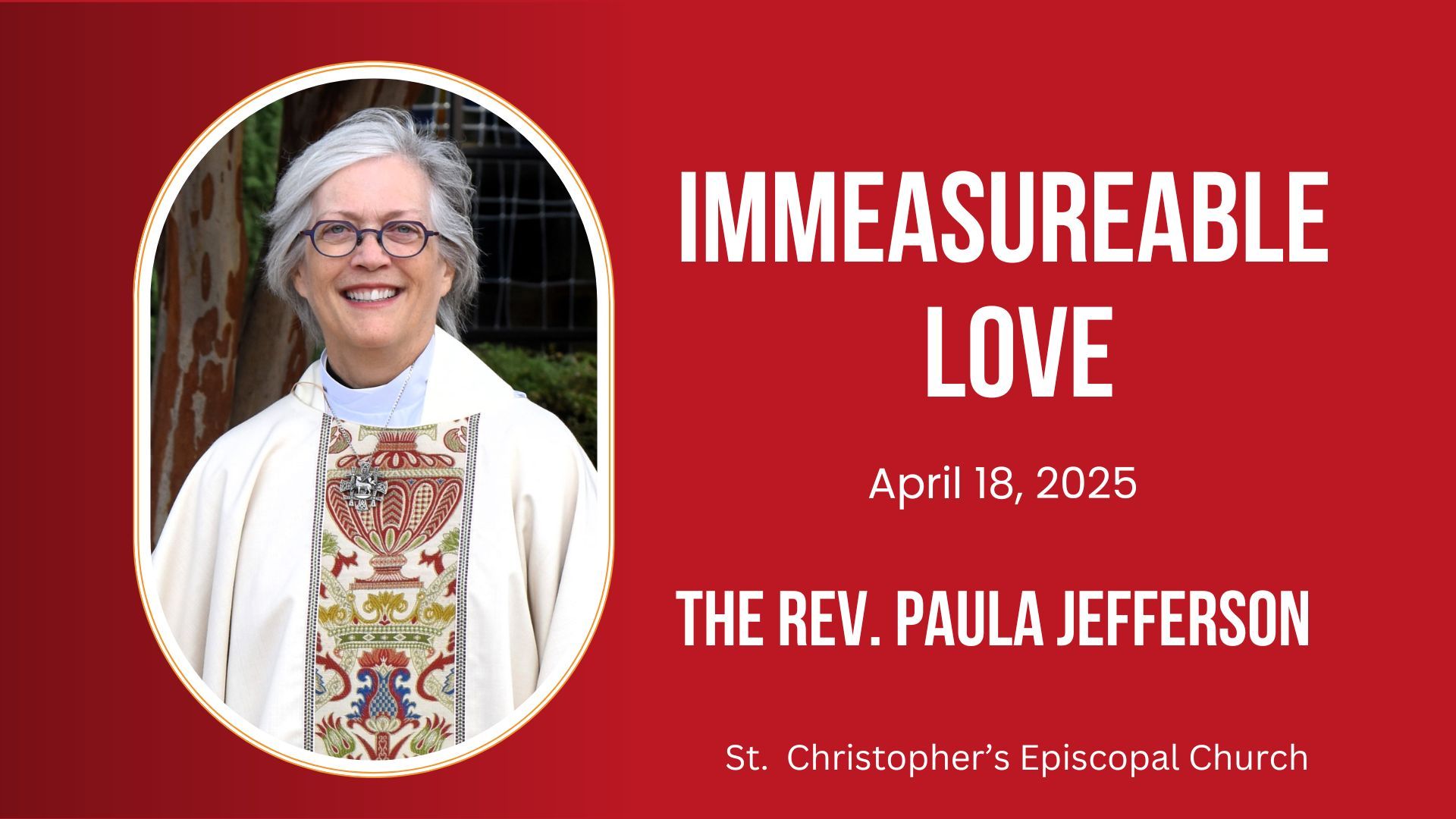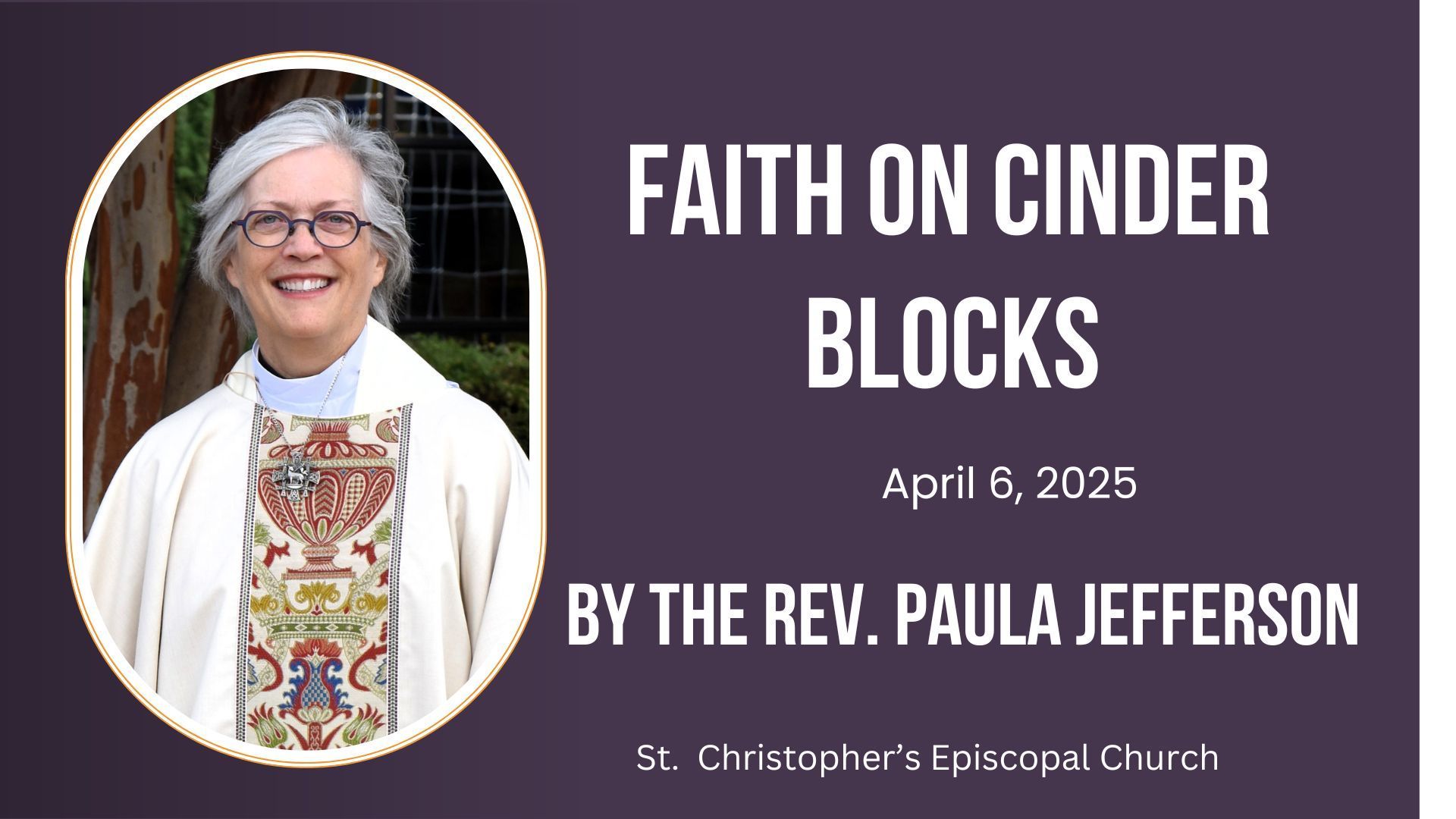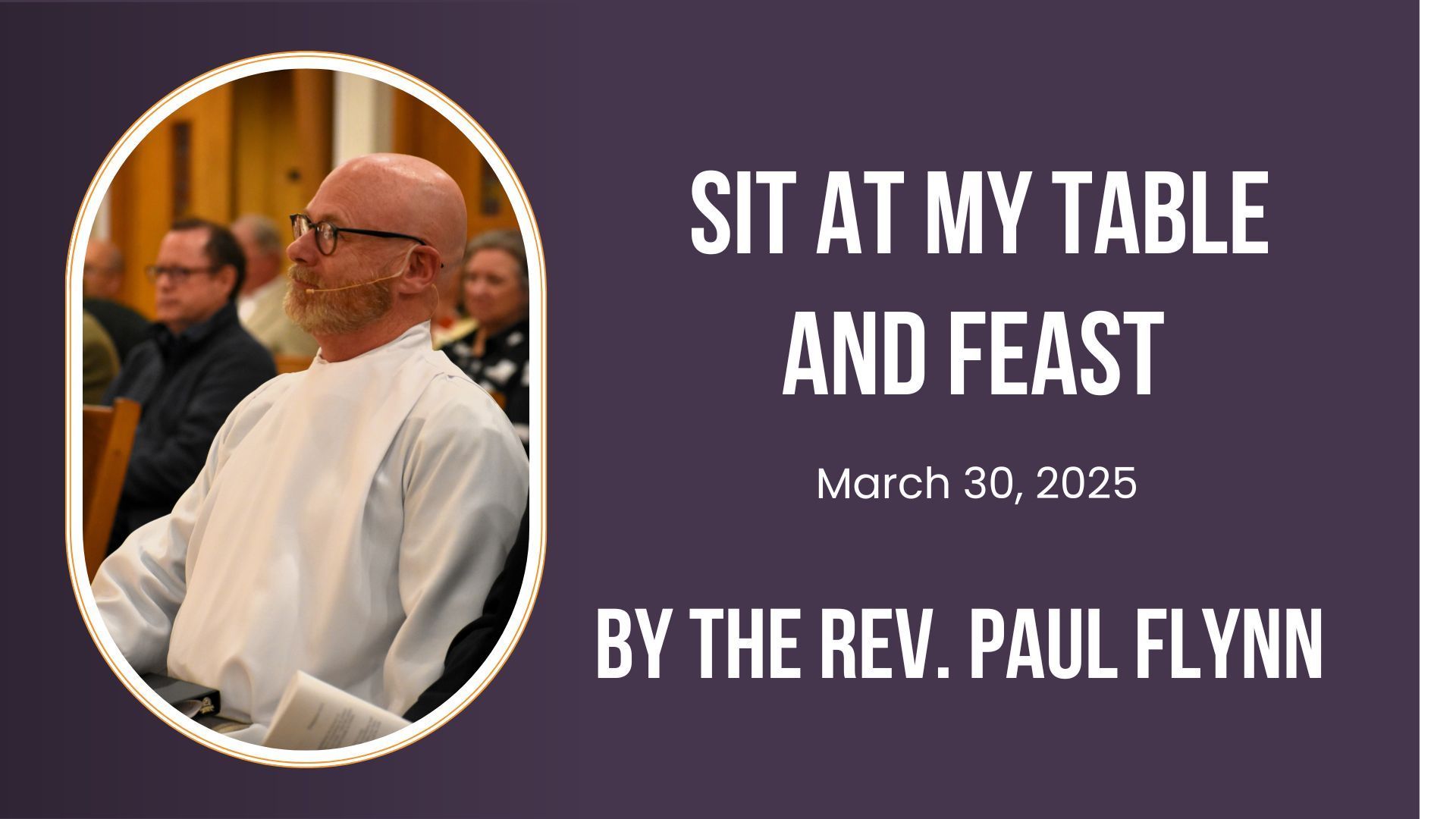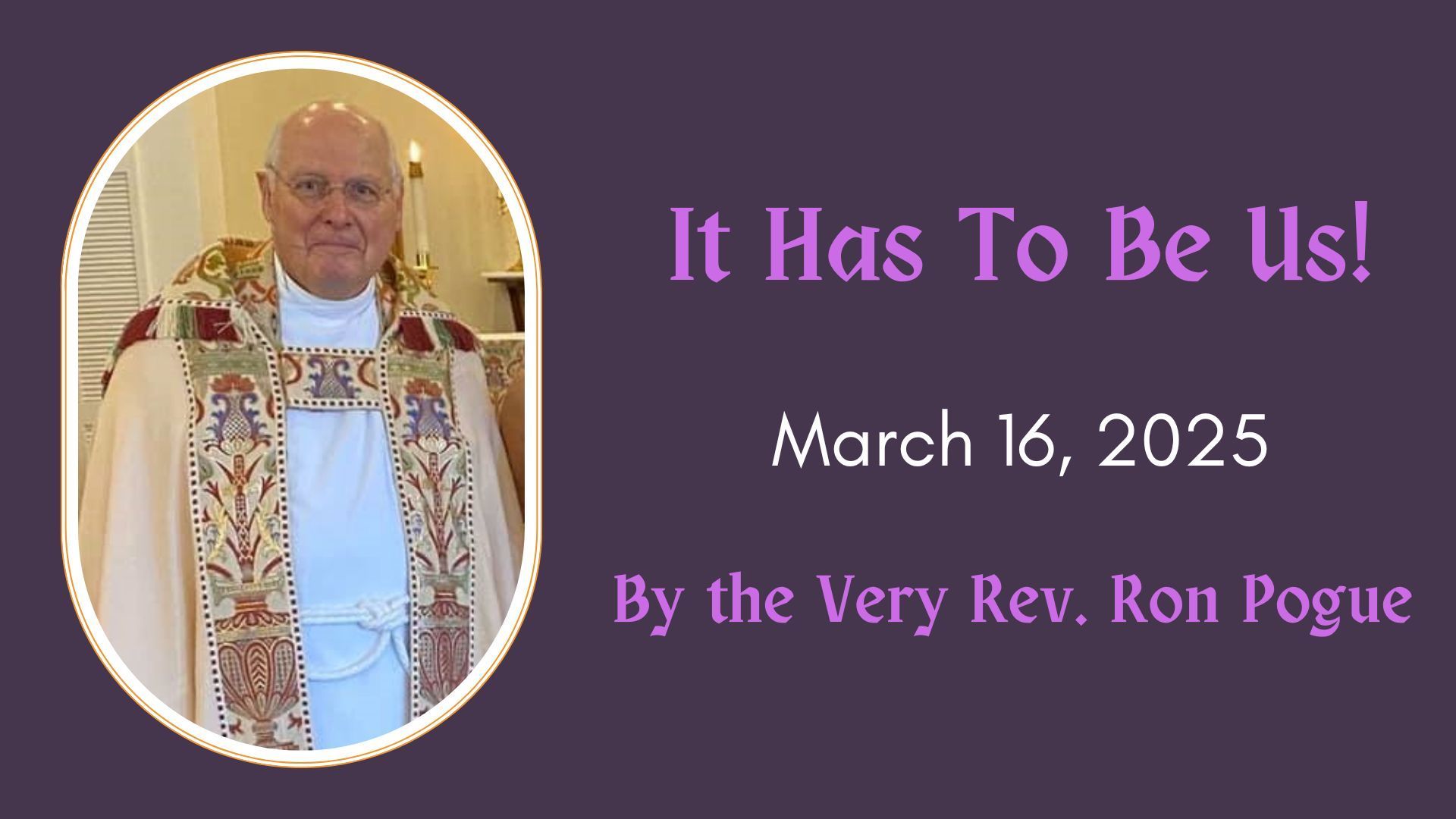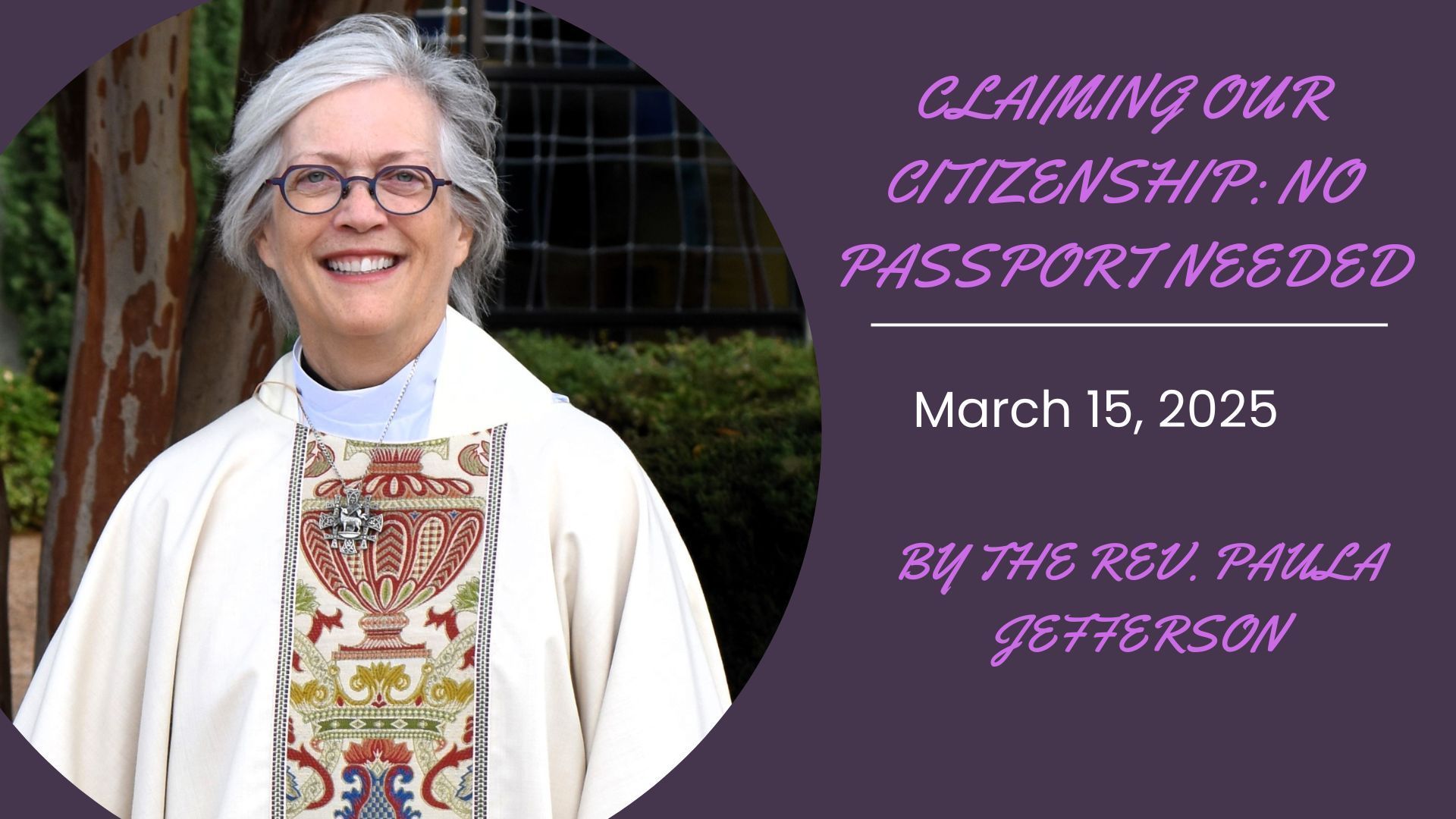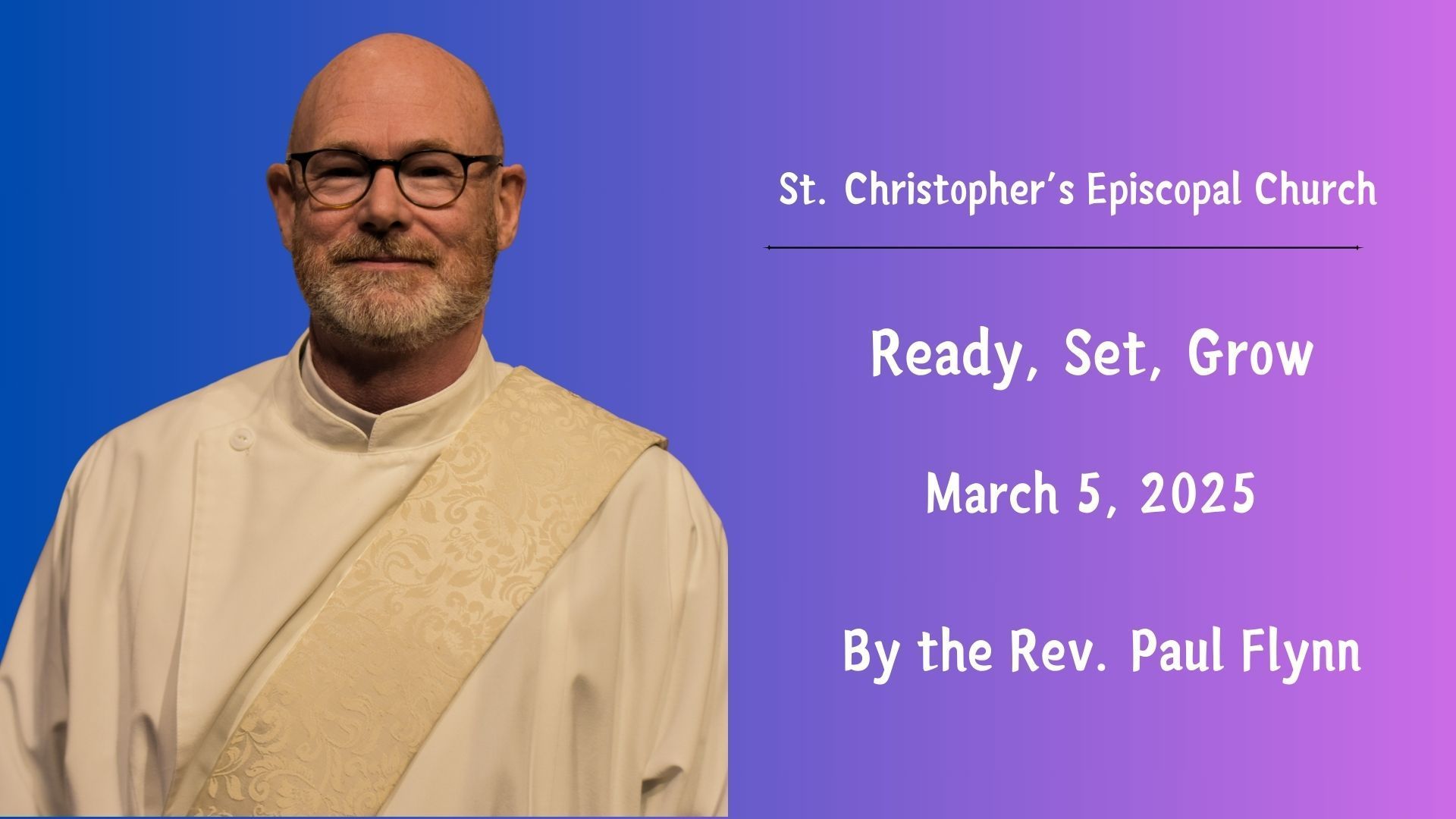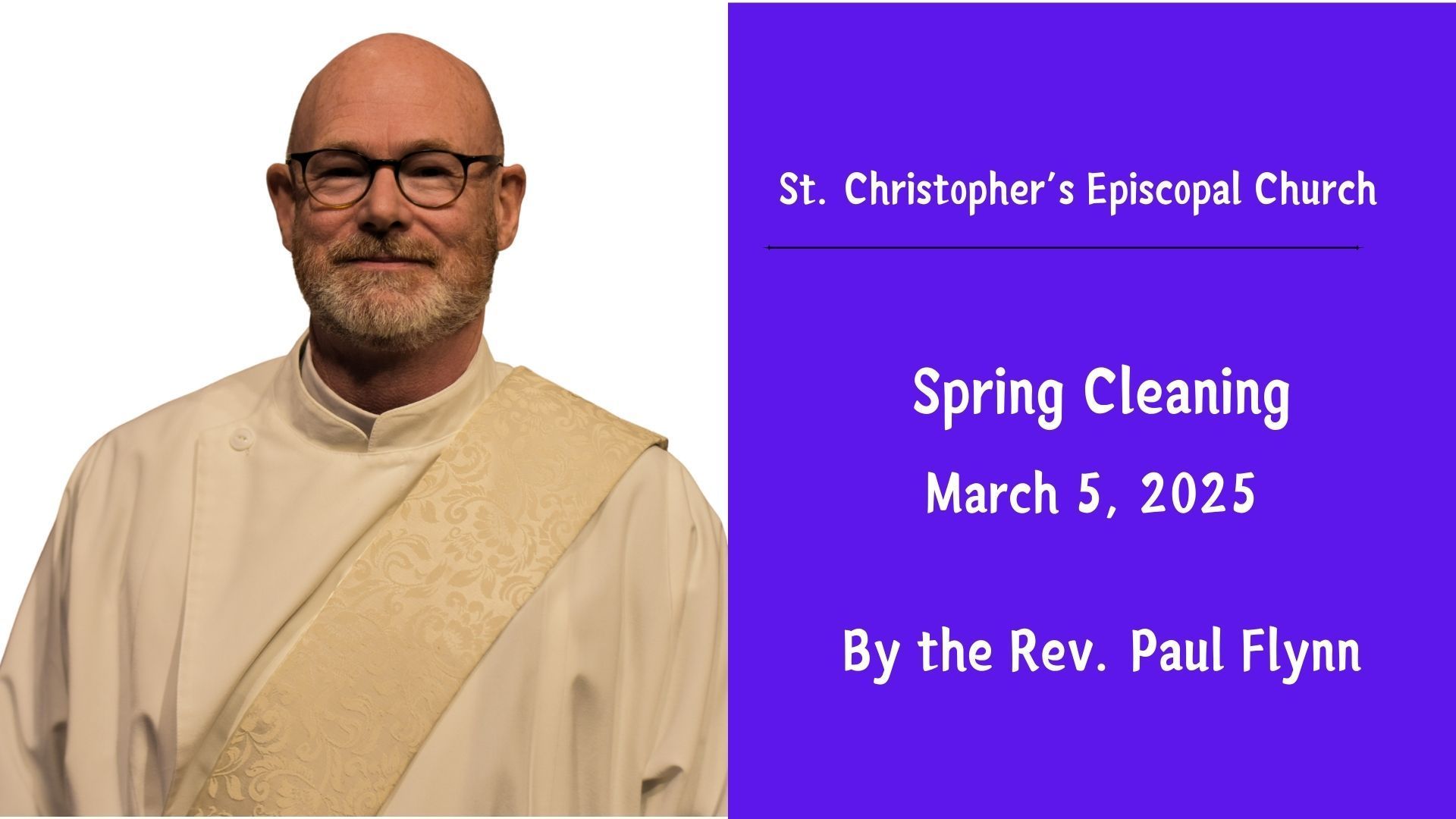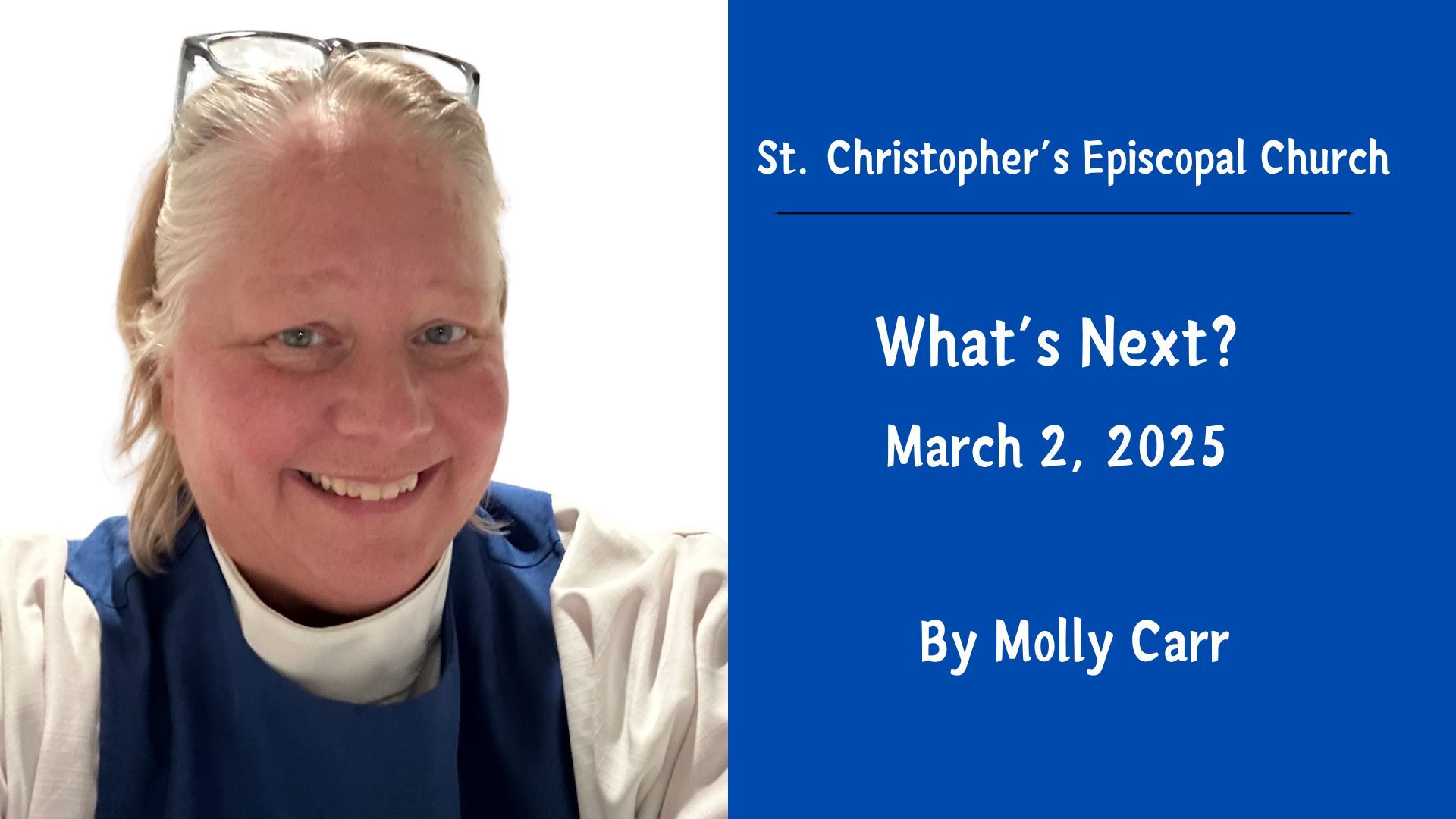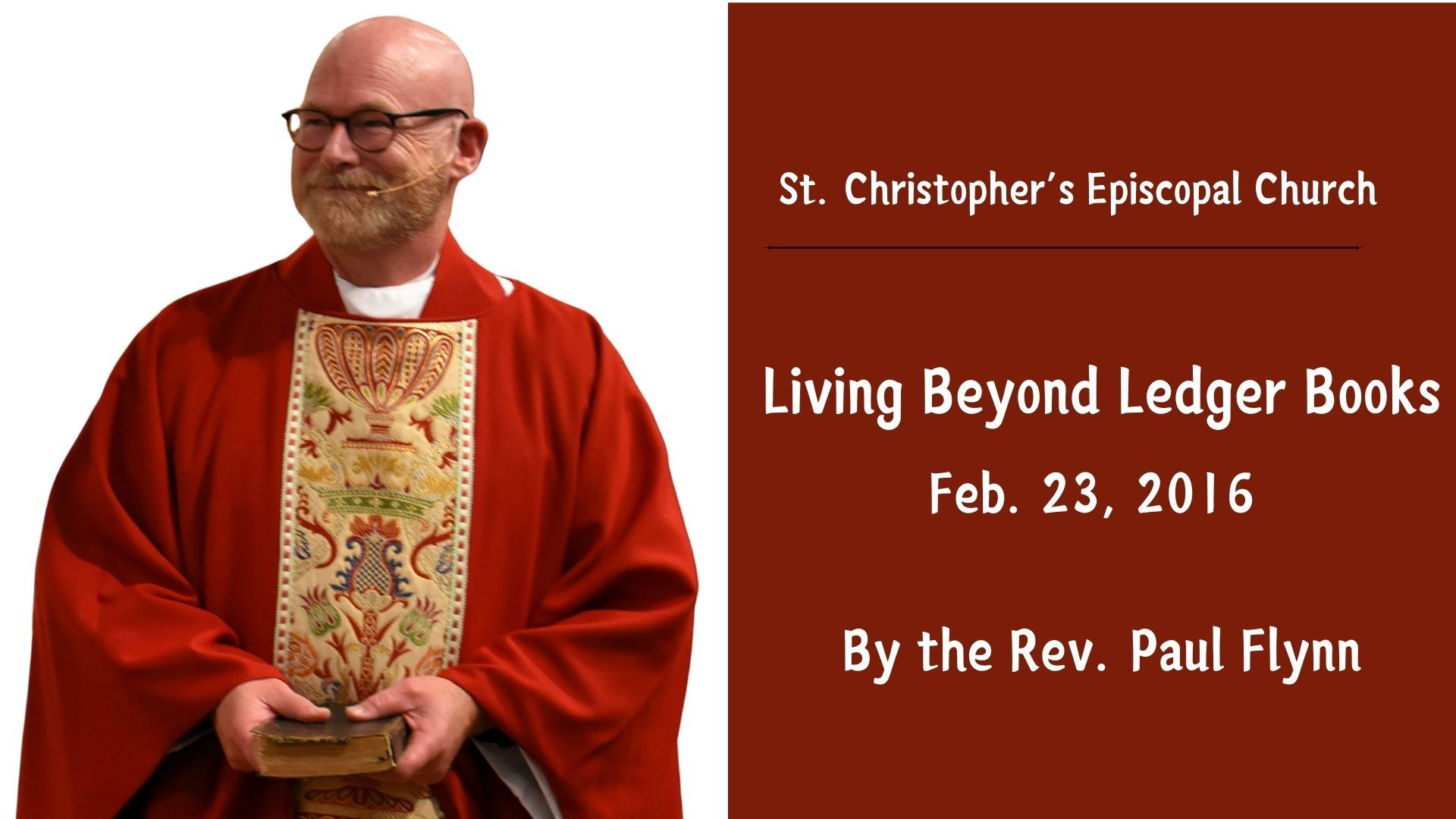There are many wonderful blessings to celebrate as we prepare to receive a curate in July. One of those happy blessings, for me, is that the curate will get to preach on Trinity Sunday in 2025. It’s already on the calendar!
The Gospel reading introduced a fascinating character: Nicodemus. He appears only in John’s Gospel. The first time we meet him, it feels like a secretive meeting, because he comes to Jesus under the cover of darkness. The second time (in John 7), he will defend Jesus. And the third time, he and Joseph of Arimathea will lower Jesus’ body from the cross and prepare it for burial.
Nicodemus will make a journey of faith before our eyes.
He is a Pharisee, but not a typical one. Nicodemus is also a member of the Sanhedrin—the high council (sort of a Supreme Court in Jesus’ time). There are very few people in the Sanhedrin. They are the elite—the most knowledgeable, the most influential and the most powerful Jewish leaders of their day.
The story began with Nicodemus saying, “Rabbi, we know that you are a teacher who has come from God; for no one can do these signs that you do apart from the presence of God.”
It is a profound statement for this man. We grew up hearing the stories of Jesus through a Christian lens. But at that the time of this story, Christianity did not exist. Nicodemus grew up hearing the stories of Yahweh’s work through Torah, and through the prophets. In his religion, Yahweh’s presence is in the Temple, not in an itinerant rabbi.
There is a holy curiosity awakened in Nicodemus—and it draws him toward Jesus. He sees the Signs Jesus performs and he recognizes God’s revelation. “No one can do these signs,” he said, “apart from the presence of God.” Nicodemus knows that God is embodied in Jesus. He comes with humility and desire to know, to understand, how can this be?
It is Nicodemus to whom Jesus says, “For God so loved the world that he gave his only Son, so that everyone who believes in him may not perish but have eternal life. Indeed, God did not send the Son into the world to condemn the world, but in order that the world might be saved through him.”
It is impossible, I think, to put ourselves in Nicodemus’ shoes….at the moment of this theological conversation, the name Christ has not been spoken among humankind. There’s no prophetic hint that God incarnate will come among us.
This is chapter 3 of John’s Gospel. Other than Mary, and an unsure John the Baptist, no one knows who Jesus really is…no one had heard God’s promise of eternal life….no one had heard that God, through the Son, will redeem our world.
As I walked around with our lectionary this week, I kept wondering how the story of Nicodemus connects with Trinity Sunday…a day when we grapple with the meaning of the Holy and Undivided Trinity, One God or as we often say in our liturgy: the Father, the Son, and the Holy Spirit.
In the story, Jesus identified himself as the second person in the Trinity. But the Holy Spirit is not specifically named.
Karl Barth, a 20th century theologian, suggested that it is the Holy Spirit who gives us the ability to hear and recognize God revealed. [1]
In other words, Nicodemus, through the inspiration of the Holy Spirit, recognized the revelation of God through the signs Jesus performed. His holy curiosity drew him closer to Jesus where he was welcomed into the life of Christ, into the Trinitarian life of God.
What can we take away from this extraordinary experience of Nicodemus?
First, Nicodemus lived in a first-class bubble. His life revolved around the Temple. He operated in a tight circle of revered leaders—the very leaders who feel so threatened by Jesus that they will conspire to crucify him. This is his social, religious, and political framework. It is their fear of Jesus—and Nicodemus’ fear of his own bubble—that cause him to visit Jesus under the cover of night.
Second, there is something different about Nicodemus. He is the only one in his bubble who open to the Holy Spirit; through the Holy Spirit, Nicodemus sees God revealed through the Son. He leans into his holy curiosity to come closer to God, to be changed by the Mystery that is God.
We also live in a bubble—we may have more freedom to choose our social, religious, and political bubble. But, in our own way, we find the bubble that brings us comfort and perceived stability.
The hopefulness that emerges from Nicodemus’ story is that the Holy Spirit doesn’t care what our bubbles look like. When we are open to the Holy Spirit, we are free to move beyond our comfort zone and to behold the glory of God in our midst.
Like Nicodemus, we bring humility and holy curiosity to know God, to walk with God, to become partners in God’s mission through the Church.
All around us, there are bushes on fire….
The challenge Nicodemus poses to us is this:
Do we stand with folded arms and say, “Wow…look at that burning bush….”
Or, like Moses and Nicodemus, do we see those burning bushes as revelations of God? And if we do, are we drawn closer to the unknowable Mystery of God?
[1] McGrath, Alister E.; Christian Theology: An Introduction; pp314-315


